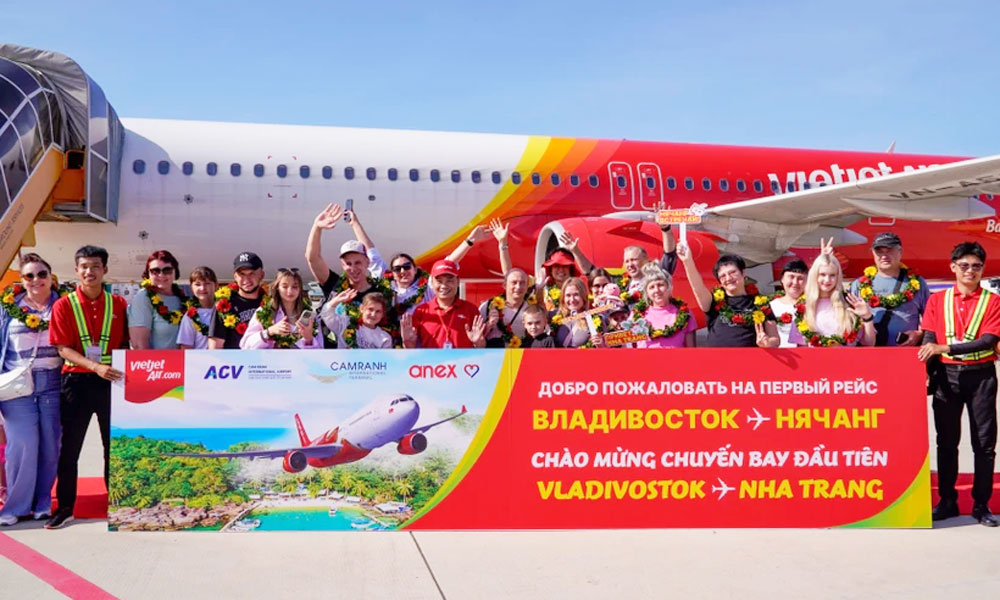Vietnam carriers expand Italy, Australia, South Korea services to meet summer travel boom
Vietnamese airlines are adding new international services this summer to destinations across Europe, Australia and Asia amid the boom in travel.
Vietnam Airlines is leading the charge with a number of new routes aimed at tapping the rising interest from both regional and long-haul travelers.
 |
|
Airplanes at Noi Bai International Airport in Hanoi, Vietnam. |
In June it will launch a direct service between HCMC and Bali in Indonesia with four weekly flights to start with before making them daily in July.
The airline is also targeting South Korea's booming outbound market with a new direct Nha Trang–Busan service to cater to tourists eager to explore Vietnam's central coast.
Also in July Vietnam Airlines will launch nonstop flights between Hanoi and Milan, the first direct route between Vietnam and Italy. A second route from HCMC to Milan is in the works after 2025.
Asian routes are also set for a boost.
Between June and October Vietnam Airlines will increase its HCMC–Singapore service to 18 flights a week from the 14. From Aug. 18 it will have five flights daily on the HCMC–Bangkok sector, up from the current four.
In all, the airline plans to operate more than 43,000 flights this summer with nearly nine million seats, a 14% increase from the same period last year.
To accommodate peak-season traffic, the carrier is also expanding early-morning and late-night departures.
Vietjet Air, Vietnam's leading low-cost carrier, is also scaling up.
In mid-June it will launch twice-weekly service between HCMC and Brisbane, Australia, flying on Mondays and Fridays.
It recently began a Singapore–Phu Quoc service with four flights a week.
Vietjet will expand its reach in China in July with services from Hanoi to Chengdu and Xi'an, and increase the frequency on existing routes to Australia, India and South Korea.
Over the course of this summer the airline aims to operate over 1,600 international and domestic flights and add more than 400,000 seats.
But the aviation industry is still grappling with aircraft shortages, largely due to a global recall of Pratt & Whitney engines, which has grounded several Airbus A321s.
 Bắc Ninh
Bắc Ninh














Reader's comments (0)